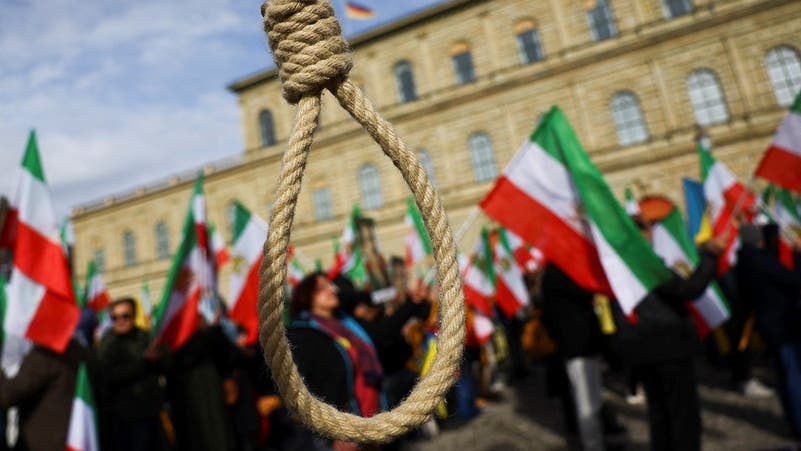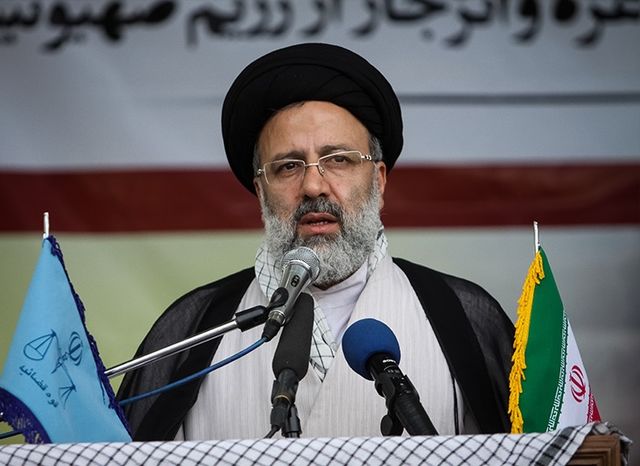The Facts
Roots of hostility: After the democratically elected Iranian PM Mohammed Mossadeq nationalized Western oil interests in 1953, a CIA-supported coup led to the transformation of Iran into an autocratic, pro-West monarchy that granted significant Western control over Iran's oil. A popular uprising overthrew Iran's king ("shah") in 1979, turning Iran into a strongly anti-West Islamic theocracy.
First US sanctions: The 1979 US embassy hostage crisis, lasting 444 days, triggered the first US sanctions on Iran, banning oil imports and freezing government assets. Since then, sanctions have become a cornerstone of bipartisan US policy following accusations that Iran seeks nuclear weapons and supports what the US considers terrorist entities, e.g., the Syrian government, Yemen's Houthi rebels, and Lebanon's Hezbollah.
The Spin
Conservative narrative
The US should give Iran a military ultimatum to halt its nuclear weapons program. Thanks to Washington's naivety, Tehran is now on the verge of having enough enriched uranium to produce nuclear weapons, and it's not the JCPOA, with its already tenuous chances of success, but only bold US action that can prevent this. It's time to decisively defend US interests in the Persian Gulf and prove to partners in the region, and Israel in particular, that the US is still a force to be reckoned with.
Progressive narrative
Allowing negotiations to fail will only lead to exactly what the West aims to prevent: Tehran getting its hands on a full-fledged nuclear weapon and military escalation. The IRGC's terrorist designation is purely symbolic, as the group remains subject to numerous other US sanctions regardless. What stands in the way of restoring the JCPOA is not technical differences but political will, which must be overcome for the sake of peace.
Establishment-critical narrative
Iran has the legal right to a peaceful nuclear program. Besides, given the economic damage that Washington's unilateral withdrawal from the JCPOA has done to Iran, Tehran should demand significant concessions from the US. Not only must all sanctions be lifted, but Washington must provide binding guarantees against new sanctions and another withdrawal from the deal. Otherwise, its benefits will be short-lived at best, since Trump proved that US can't be trusted to stick to its agreements.



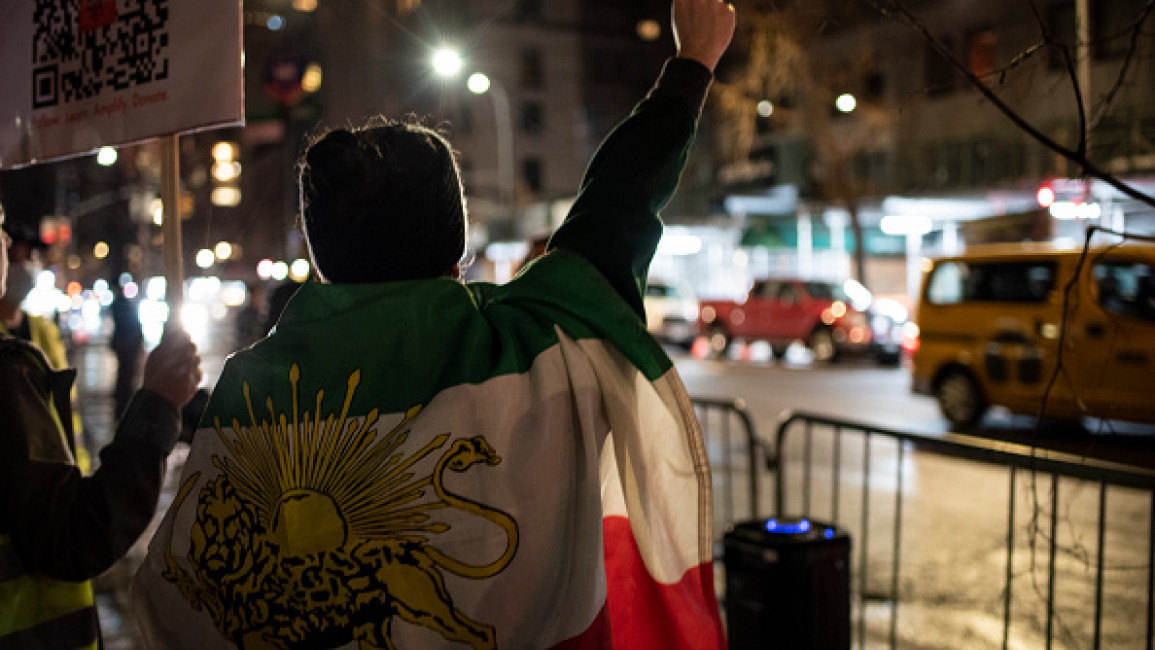


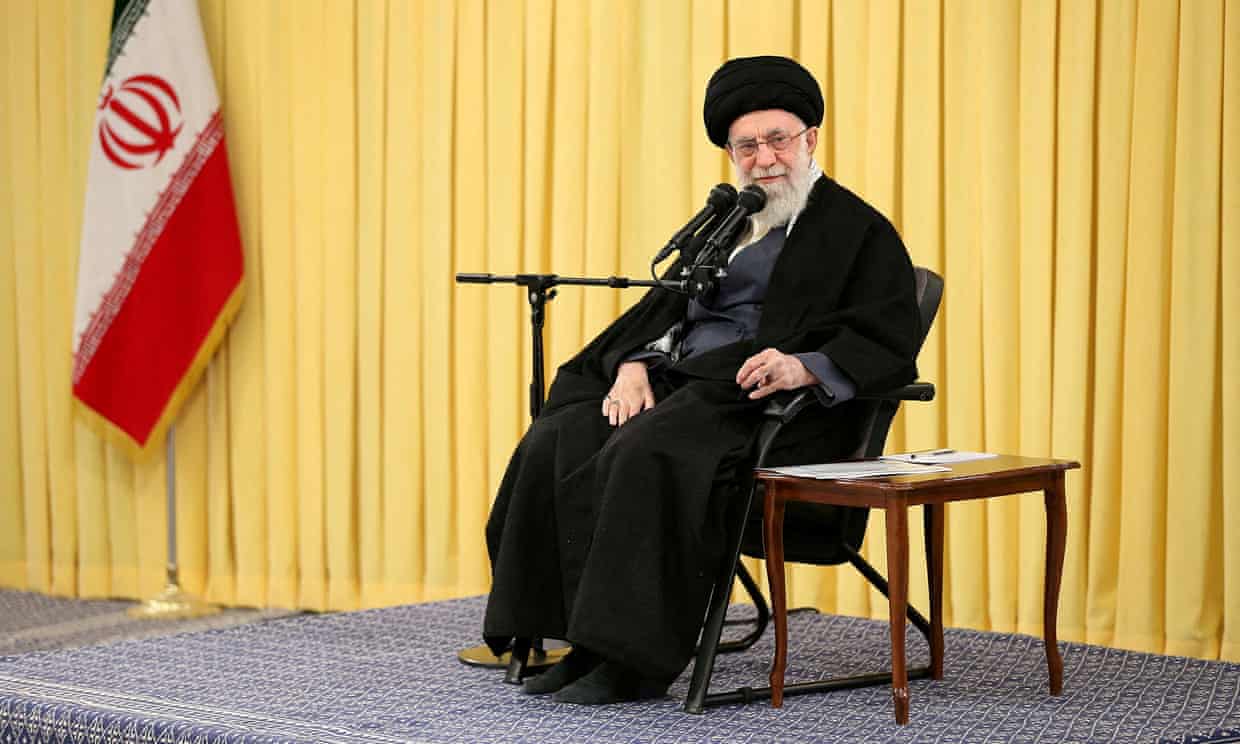

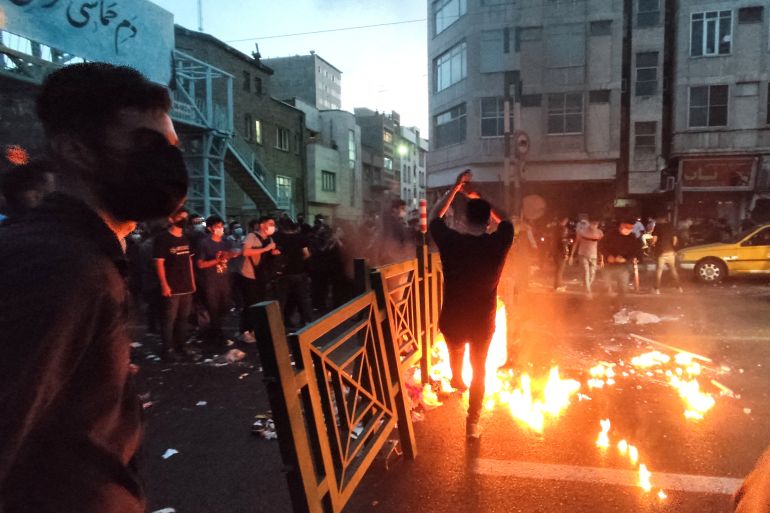


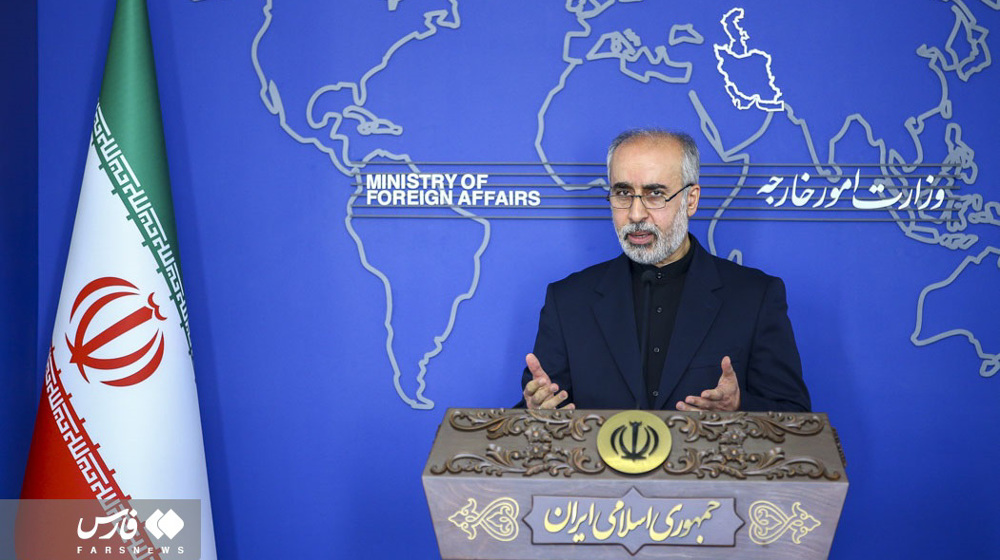

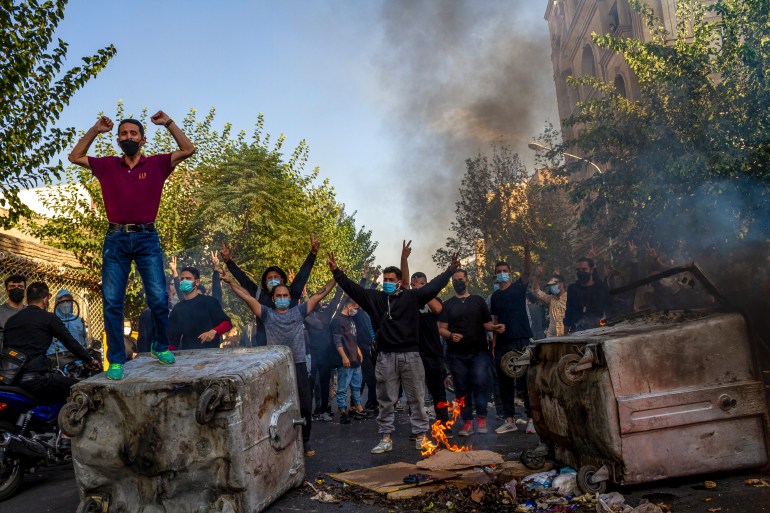
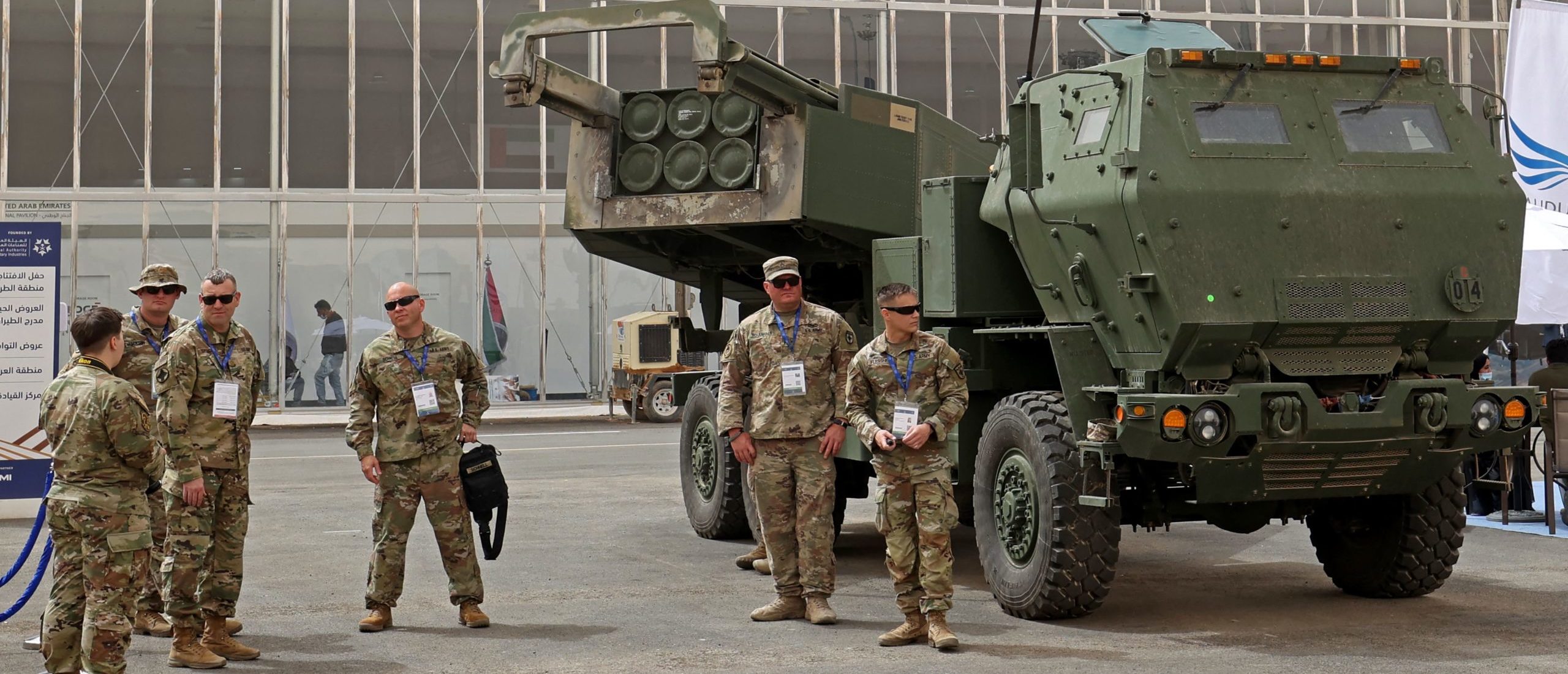
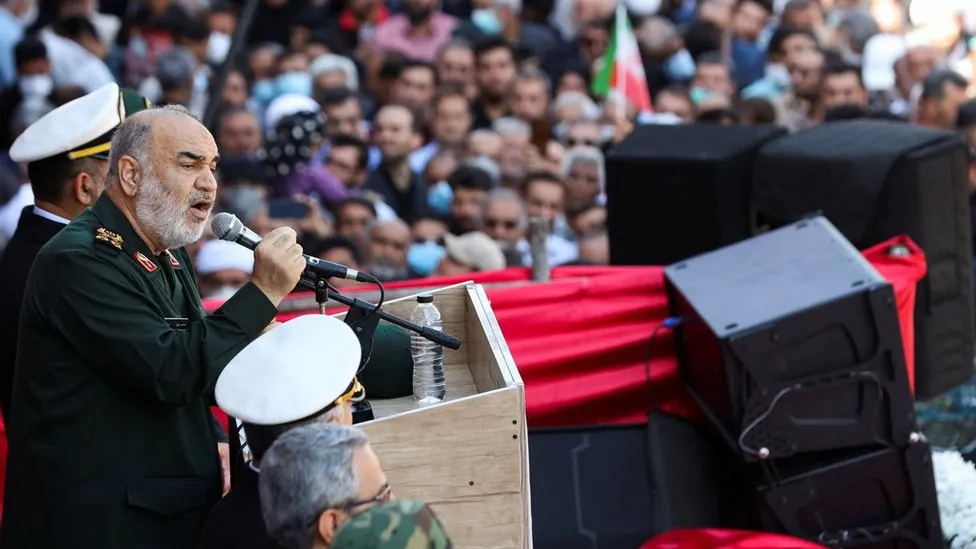
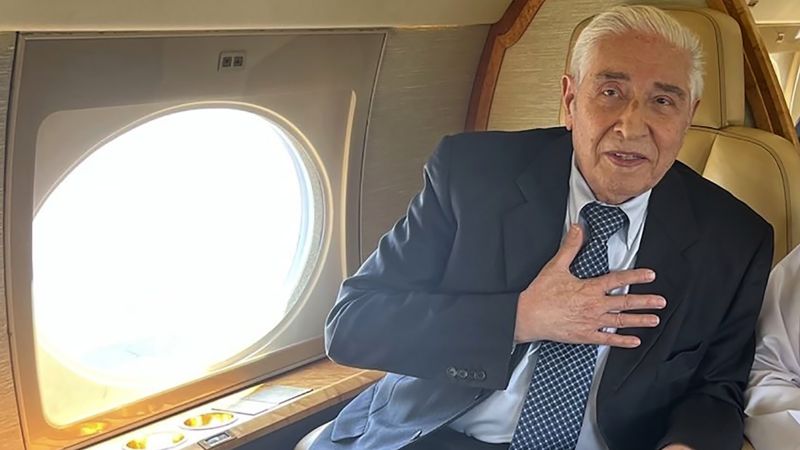


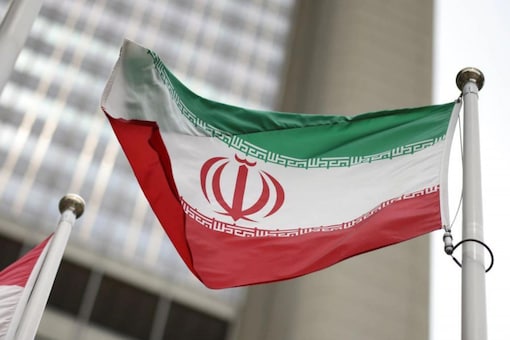




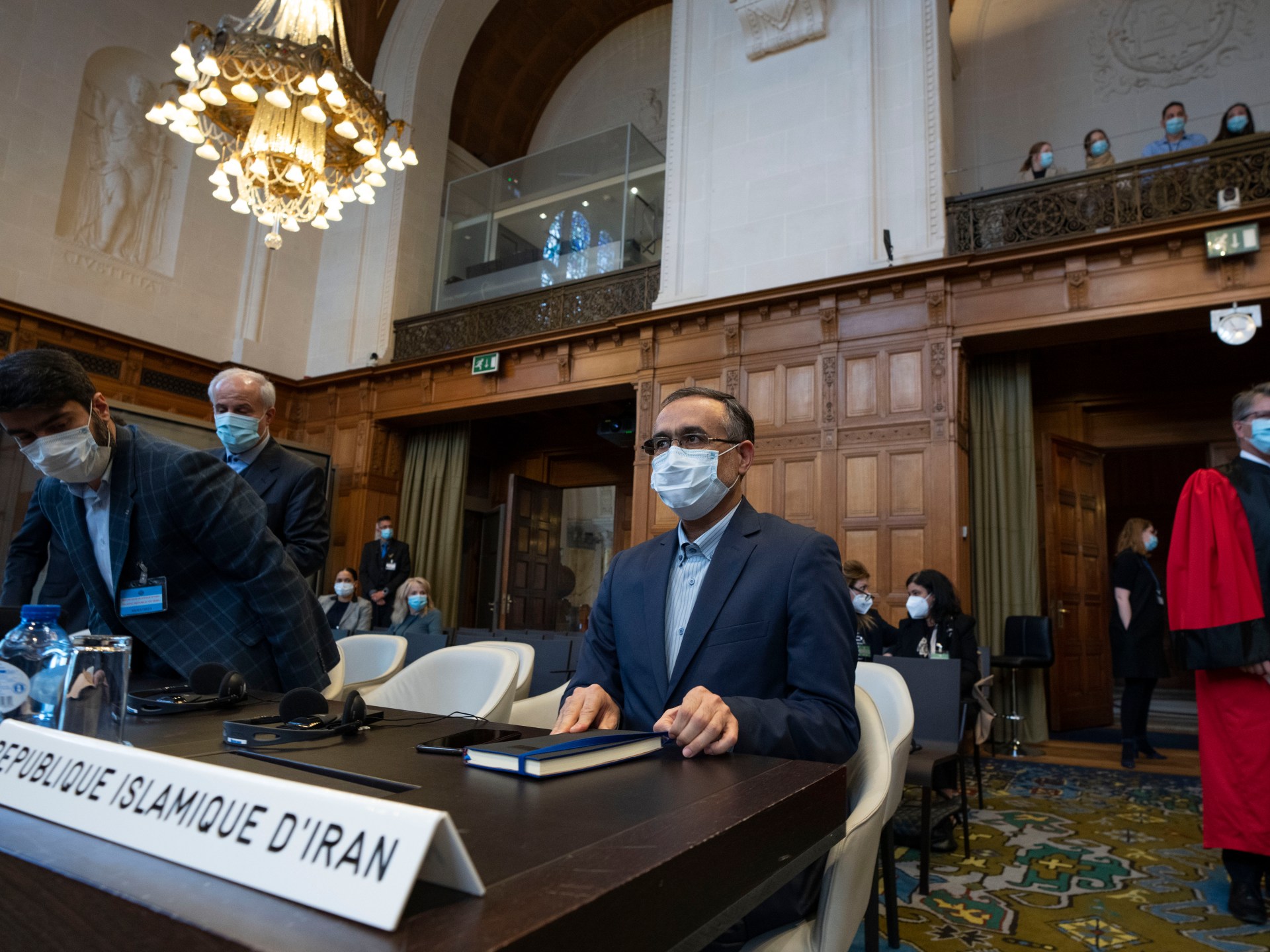
/cloudfront-us-east-2.images.arcpublishing.com/reuters/GONICF36I5PO7AR2QH4IT67XFM.jpg)

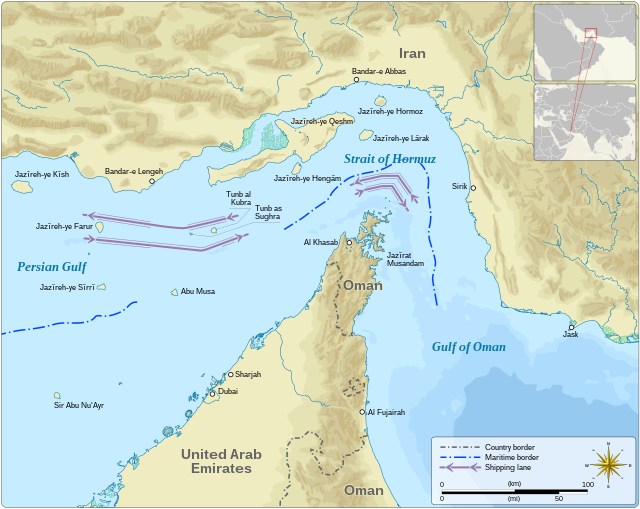










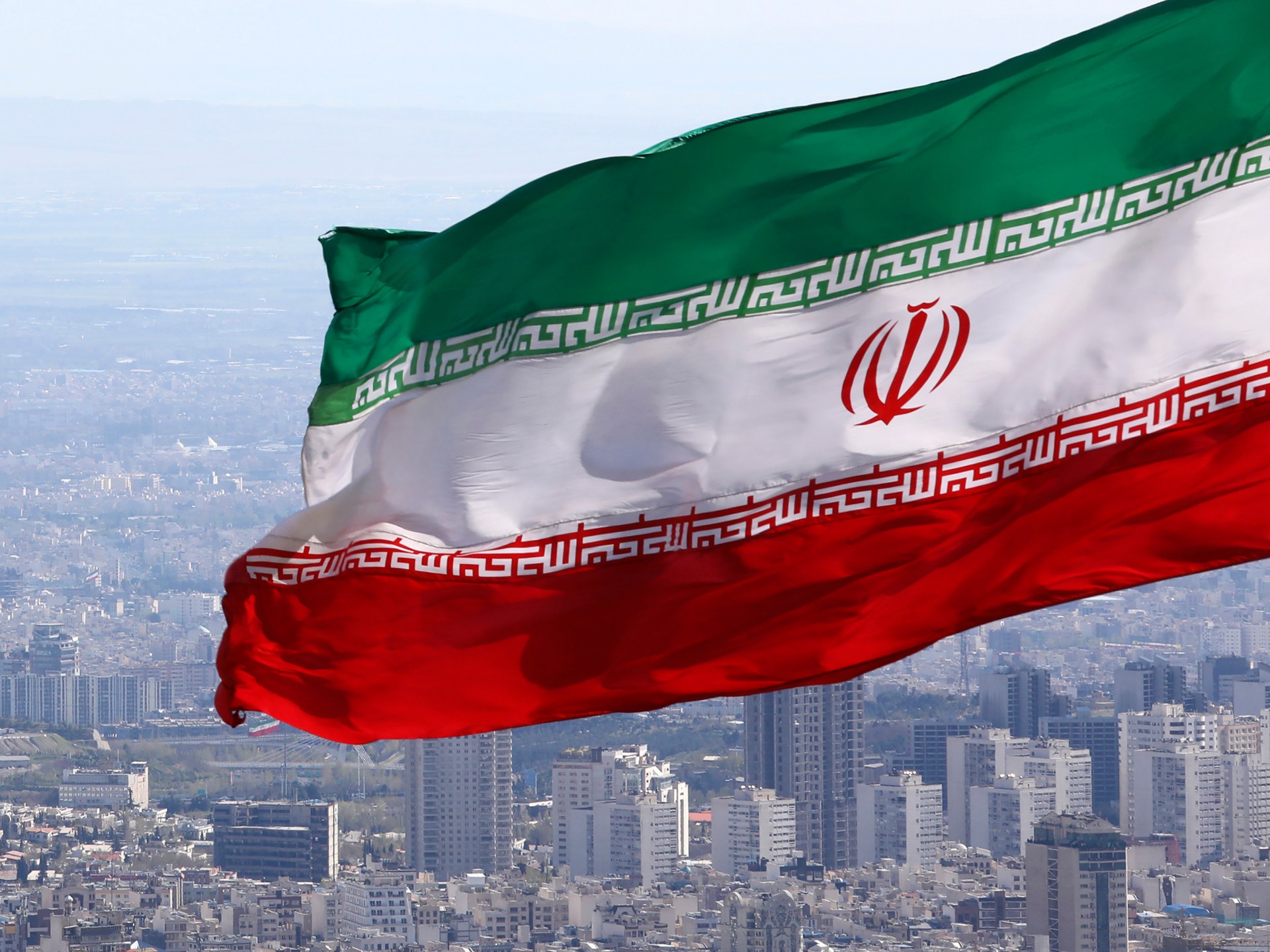
/cloudfront-us-east-2.images.arcpublishing.com/reuters/HPRDIGTST5MFFH6ADHHZVYBAWU.jpg)





















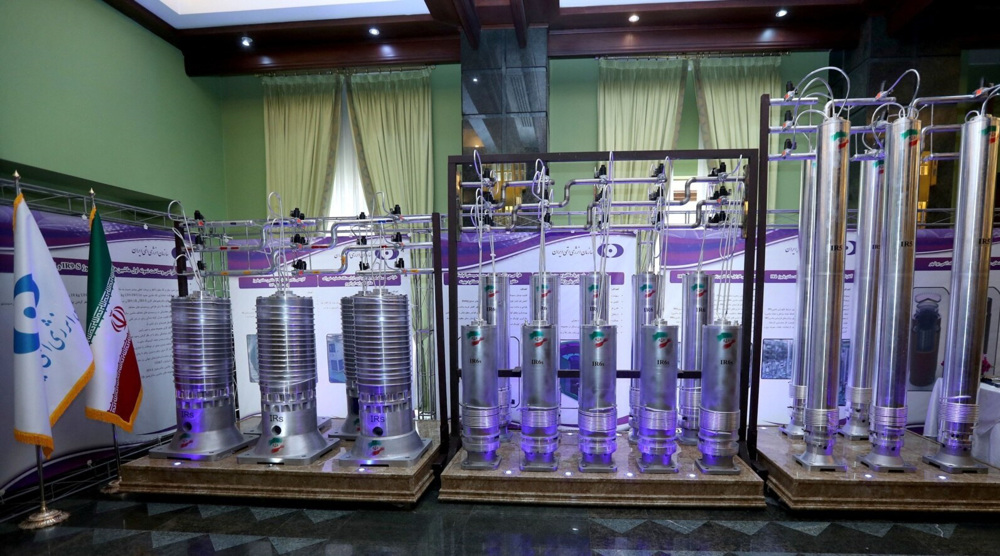
/cloudfront-us-east-2.images.arcpublishing.com/reuters/XDDZ3VMHUVJWFKNEDQOI6IKAFA.jpg)
